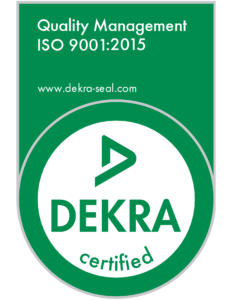Hygroscopicity in plastic welding refers to the ability of a plastic material to absorb moisture from the surrounding environment. Many plastics are hygroscopic, meaning that they can absorb moisture from the air or from other sources such as water-based processing fluids. When a hygroscopic plastic is exposed to high levels of moisture, it can become weakened and less suitable for welding.
In plastic welding, the presence of moisture in a plastic material can lead to a variety of issues, including reduced weld strength, porosity, and cracking. Moisture in the plastic can also cause problems during the welding process, such as erratic melting behavior or the formation of bubbles in the weld.
To prevent issues related to hygroscopicity in plastic welding, it is important to properly store and handle plastic materials before and during the welding process. This may involve storing materials in a dry environment, using dehumidifying equipment, or pre-drying the plastic material prior to welding. The exact steps taken will depend on the specific material being used and the welding process being employed. By minimizing the impact of hygroscopicity, it is possible to achieve stronger and more reliable welds in plastic materials.

